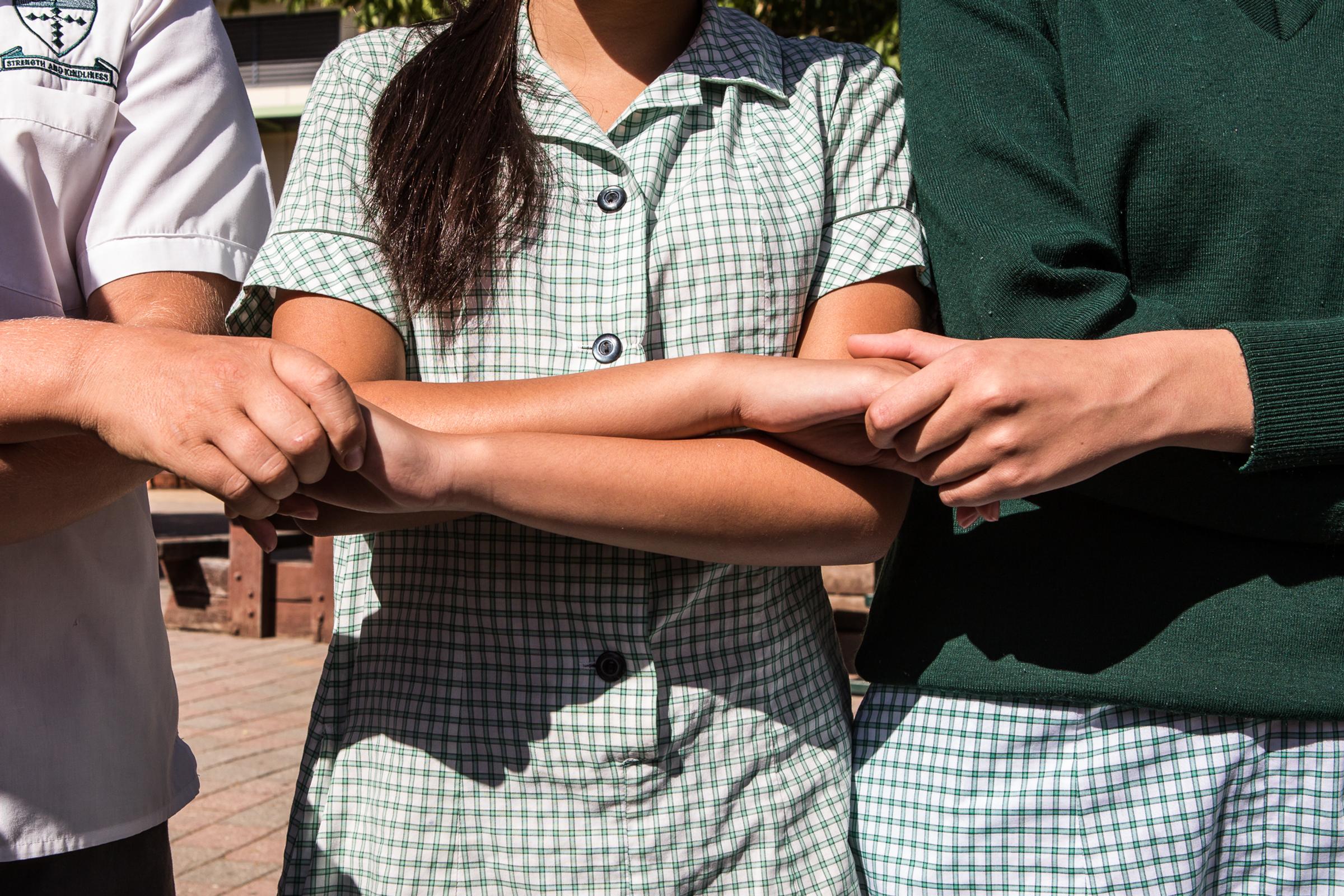Pastoral Care and Wellbeing

Our teenagers online lives….
Some artists and bands are prohibiting phones, requiring fans to lock their phones in Yondr pouches. Jack White, Bob Dylan, John Mayer, Madonna, Beyonce, and Adele have implemented cell phone bans at their concerts and have expressed frustration about them interfering with their interactions with the audience.
‘We’re taking your phones awaaaay!’ Bruno Mars belted to the crowd at the start of the concert.
Concerts where mobile phones are banned, also known as "phone-free concerts" or "phone-free experiences," have become increasingly popular in recent years. These events aim to create a more immersive and distraction-free environment for both performers and audience members.
Teenagers and their mobile devices have become deeply intertwined in today's society, often to the point where it can be difficult for them to separate themselves from their phones. When teenagers are without their mobile devices, it can lead to feelings of anxiety and discomfort for several reasons:
- Social Connection
- Entertainment and distraction
- Dependency
- Privacy and Security
- Peer Pressure
Even just having a mobile phone nearby with notifications coming through is enough to result in students losing their attention from the task at hand. One study found that it can take students up to 20 minutes to refocus on what they were learning once distracted.
So, what does this look like for them now.
Online lives:
- Teens spent an average of 14.4 hours a week online
- 74% use their device to play games
- 73% use their device to use apps
- 70% use their devices to take photos/videos
Social media:
- TikTok – has shown the greatest growth, from 12% of teens in 2017, up to 38% in 2020.
- Social media ranges from as low as 4.1 hours per day for 13-year-olds to as high as 5.8 hours per day for 17-year-olds. Girls spend nearly an hour more on social media than boys (5.3 vs 4.4 hours, respectively).
Negative online experiences:
- wasting time
- seeing unwanted ads/content
- sleep deprivation
- app overuse
- cyberbullying
Images or videos targeting groups or individuals based on gender, race or sexual identity, and violent or abhorrent materials are seen as particularly problematic.
To better support our learners and shield from the barrage of online material the College will be using ‘Phone Locker’ pouches.
From the start of Term 2, learners who have been repeatedly asked to not have their phones will have their mobile phone placed into a ‘Phone Locker’. House Leaders have several of them in their offices to use. This device will then be locked and returned to the learner. The mobile phone will remain ‘locked’ until the end of the school day. To unlock the device the learner will need to go the Campus Director's office or to Student Services. Once unlocked, the pouch is to be left in the Campus Director's office or Student Services.
So what might the day look like for your child with their device in a ‘Phone Locker’:
- Phones will be placed into phone pouches and returned at the end of the day.
- No access to internet or data as the pouches prevent this. It is best to switch the phone off as the battery can drain easily in the pouch.
- Families will be required to pay a fee for the replacement pouch if a pouch is damaged.
- There is no access to pay for meals – this will make getting lunch from the canteen a challenge.
- While off-site on school-based activities, the pouch system still applies, unless explicitly stated for a specific purpose. This includes school carnivals.
As always, the College will continue to take calls for family emergencies and make getting to your child a priority.
Suzanne Pola
College Leader - Student Wellbeing
